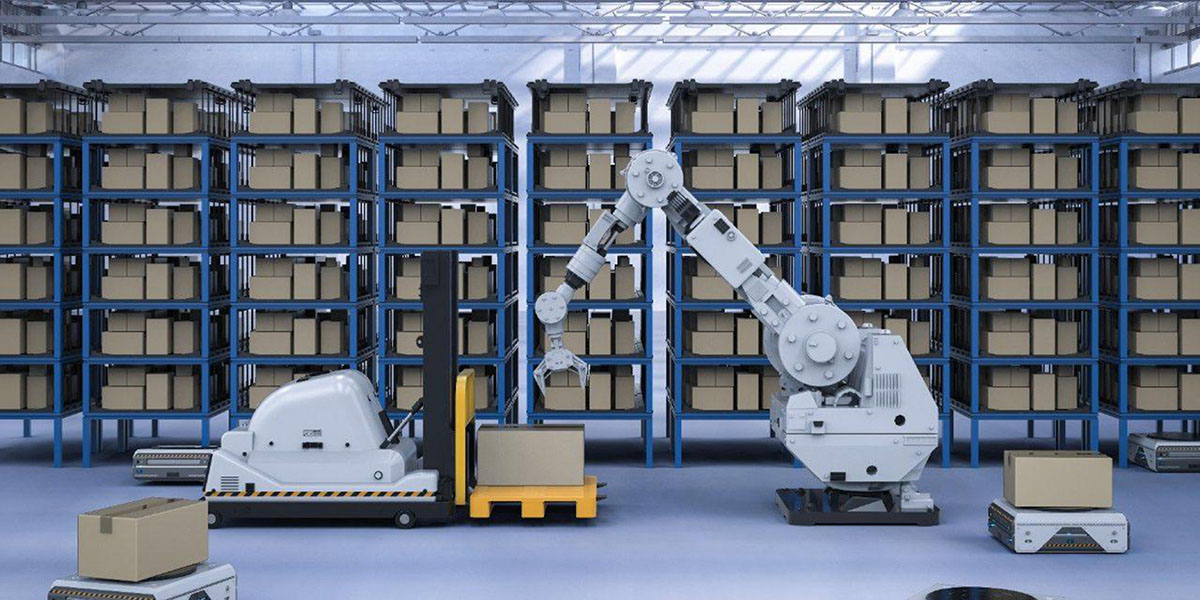As the global economy begins to settle into the post-pandemic realities of supply chain disruptions, rising costs, and international conflict, most sectors are looking to Tech firms as a solution to their problems.
In the aftermath, it feels like no other industry was hurt more than logistics. With cargo ships waiting weeks to unload inventory, factories shutting down due to mandated quarantines, and more, the pandemic revealed the numerous amount of weak points in the global supply chain.
As a result of pandemic woes and the boom in E-commerce, Logistics firms have been eager to partner with Tech firms and integrate new systems to increase efficiencies and reduce costs.
The results are as diverse as they are creative. Here are some examples of technology for logistics:
- Big Data has provided industry leaders with advanced analytics and real-time tracking capabilities that are used to optimize routes, identify supply chain weak points, and reorganize supply chains to combat real-time obstacles like traffic, weather, and downed vehicles.
- AI and Robotics have been used in warehouses for years at companies like Amazon and Alibaba. However, tech firms like Geek+ and Paack are looking to make automated warehouses available to more businesses. The launch of their combined warehouse in Madrid will be the largest autonomous robot project in Europe and a shining example of how automated solutions can be integrated into entire ecosystems.
- Blockchain is being used to track everything from actual shipments to documents. CargoX, a leader in digital transfers for ocean freight, is leveraging blockchain to safely deliver more than 1.5 million trade and finance documents to over 100k customers.
- Location Technologies are being used in conjunction with warehouse robots and shipping systems to optimize inventory management by reducing asset dwell time, improving floor workflow, streamlining order fulfillment, and enhancing asset utilization.
- Automation for cargo ships, trucks, and drones is on the cusp of broad adoption across the industry. With companies like Walmart already testing a fleet of autonomous drones in the U.S., it’s only a matter of time before the majority of our supply chain is completely automated.
The above examples only begin to scratch the surface of how Tech firms plan to improve the Logistics Industry using technology for logistics.
The large investments being made to upgrade and integrate new technologies prove that there is a happy marriage between Tech Firms and Logistics Firms. The improved sentiment for technology also hints at another key trend, consolidation.
In the last year, M&A in the Transportation and Logistics industry reached a whopping $246 billion, a 6% increase from the previous year. Unsurprisingly, technology-backed solutions are expected to be the driving force behind these M&As as logistic firms search for solutions to improve efficiencies and reduce costs.
As logistic firms continue to expand their ecosystems and scale up operations to meet demand from E-commerce and reduce costs, there’s little doubt that Tech firms will play a pivotal role in innovating the industry.

